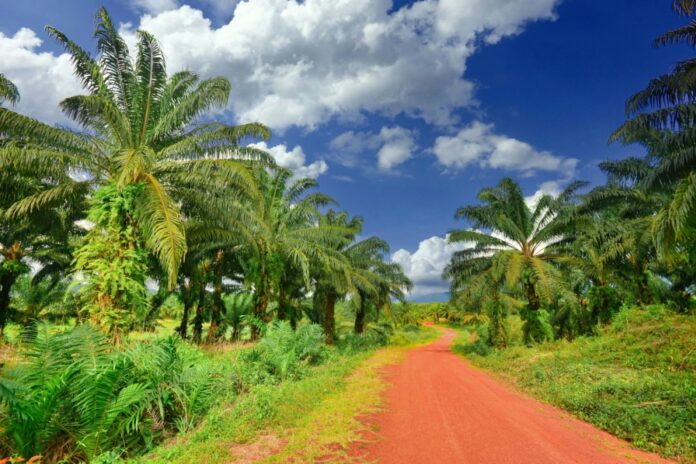Sept 3 — Malaysia’s palm oil industry stands on the precipice. Once the undisputed engine of rural prosperity and a global fats powerhouse, it now grapples with stagnating yields, stalled replanting, crippling labour shortages, and a relentless barrage of sustainability criticism.
Yet, here lies the profound paradox: palm oil, Malaysian palm oil at its best, remains arguably the most efficient, productive, and potentially sustainable vegetable oil on the planet. To survive, let alone thrive, the industry must undertake nothing short of a radical reset. Tinkering at the edges is no longer an option.
We must acknowledge the pains. The challenges are deep-rooted. National average yields hovering around 3-4 tonnes per hectare per year, far below the potentially 8-10 tonnes per hectare per year achievable, are an economic disaster. They reflect ageing plantations, suboptimal agronomy, and insufficient adoption of best practices, particularly among smallholders.
The high upfront cost, loss of income during the immature period (3-4 years), and bureaucratic hurdles have crippled replanting efforts. Ageing trees (over 25 per cent are beyond peak production) are less productive, more disease-prone, and ultimately unsustainable.
